
Post by : Layla Badr
Washington, D.C. – On Thursday, US President Donald Trump signed an executive order to implement lower tariffs on Japanese automobile imports and other products. This move follows a July announcement and brings significant relief to Japan’s export-focused economy. The order also formalizes an agreement that includes $550 billion in Japanese investments in United States projects.
The deal between the US and Japan comes after months of intense negotiations. It is expected to reduce the uncertainty that has affected Japan’s auto sector since July and strengthen the long-standing economic partnership between the two countries.
Stay informed with the latest news. Follow DXB News Network on WhatsApp Channel
Lower Tariffs on Japanese Cars
Under the executive order, tariffs on Japanese automobiles will be reduced from 27.5% to 15%. The new rate will come into effect seven days after the official publication of the order.
In addition, the 15% tariff agreed upon in July will not be added on top of existing higher tariffs for products like beef. Items that previously faced tariffs below 15% will now be adjusted to 15%. The relief is also retroactive, applying from August 7.
The deal ensures no tariffs will be imposed on commercial airplanes and their parts, which is a significant win for Japan’s aviation sector.
Impact on Japan’s Auto Industry
President Trump’s tariffs on global imports had previously affected Japan’s exports, especially hitting car manufacturers hard. Toyota, Japan’s largest carmaker, stated that the tariffs had cost the company nearly $10 billion.
Ryosei Akazawa, Japan’s top trade negotiator, expressed relief at the signing of the executive order. He posted on X that the deal marked the conclusion of months of challenging negotiations, which included ten trips to the United States for discussions. Akazawa welcomed the order, calling it “a steady implementation of the agreement reached on July 22.”
South Korea Watches Closely
While Japan’s trade agreement is now formalized, South Korea is still waiting for an executive order for a similar deal. This includes reducing tariffs on US imports from South Korean automakers like Hyundai and Kia from 25% to 15%.
A South Korean trade official said that the country is currently assessing how the new Japanese agreement could affect South Korea’s economy and exports.
Stock Market Reaction
After the announcement, shares of major Japanese automakers rose slightly in early trading, while South Korean automakers saw minor declines. Toyota praised the deal, highlighting that while most of its vehicles sold in the US are made in North America, the framework brings much-needed clarity for the company and industry.
Agricultural and Defense Purchases
As part of the trade deal, Japan agreed to increase purchases of US agricultural products, including rice, corn, soybeans, fertilizers, and bioethanol. This is expected to amount to around $8 billion per year.
The deal also includes Japan’s commitment to buy 100 Boeing airplanes and increase defense spending with US companies from $14 billion to $17 billion annually. Japan clarified that its domestic agricultural framework would not be compromised by this agreement.
$550 Billion Investment Plan
A major part of the agreement is Japan’s promise to invest $550 billion in the United States. These investments will include equity, loans, and guarantees through Japanese government-owned banks. The projects will be selected in coordination with the US government.
On Thursday, both countries also signed a memorandum of understanding detailing the investment plan. The executive order allows the US to modify the agreement if Japan fails to meet its commitments.
Trade Balance and Economic Context
Two-way trade between the US and Japan reached nearly $230 billion in 2024, with Japan running a trade surplus of about $70 billion. The trade deal ensures Japan continues to receive favorable tariff rates on products such as chips and pharmaceuticals.
While the latest executive order did not directly mention these sectors, Japan’s trade officials confirmed that they will continue discussions with the US to secure these benefits.
Political Implications for Japan
The trade deal comes at a critical time for Japan’s Prime Minister Shigeru Ishiba. His ruling party is set to vote on Monday on whether to hold an extraordinary leadership election, which could potentially remove him from office.
Ishiba’s coalition has already lost its majority in elections for both houses of parliament, and public dissatisfaction has been growing due to rising living costs, weak economic growth, and the uncertainty caused by trade tariffs.
While finalizing the trade deal gives Ishiba a reason to remain in office, political analysts suggest he may still face a strong challenge from within his party. David Boling, a political risk consultant from EurAsia Group, estimates a 60% chance that Ishiba could be forced out.
The executive order signed by President Trump marks an important milestone in US-Japan trade relations. It reduces tariffs on Japanese automobiles, ensures no additional levies on key products, and formalizes a $550 billion investment plan.
The agreement not only benefits Japan’s export-driven economy but also strengthens bilateral trade, increases US agricultural and defense purchases, and provides clarity for companies like Toyota and Boeing.
As Japan navigates political challenges at home, this trade deal serves as a positive step forward, promising economic stability and continued cooperation between the two nations.

Coolie 2025 Rajinikanth Returns in Action Packed Tribute to Everyday Heroes
Discover Coolie 2025 starring Rajinikanth an action packed film honoring hardworking heroes with dra

September 21 Marks World Alzheimer s Day Spreading Hope and Support
World Alzheimer s Day 2025 spreads awareness supports caregivers and inspires hope for better care

Massive Wildfires Rage in Portugal and Spain Threatening Homes
Hundreds of firefighters battle fierce wildfires in Portugal and Spain as authorities work to protec

At Least 60 Dead in Night Attack on Village in Nigeria’s Borno State
Armed fighters attack Darul Jamal village in Nigeria, killing over 60, including soldiers as residen

National Nutrition Week 2025 Highlights Importance of Healthy Eating
National Nutrition Week 2025 promotes smart eating balanced diets and healthy living for all ages

UAE Sends First Medical Aid to Support Earthquake-Affected Afghanistan
Emirati relief team delivers urgent medical aid to Afghanistan after earthquake, helping local hospi
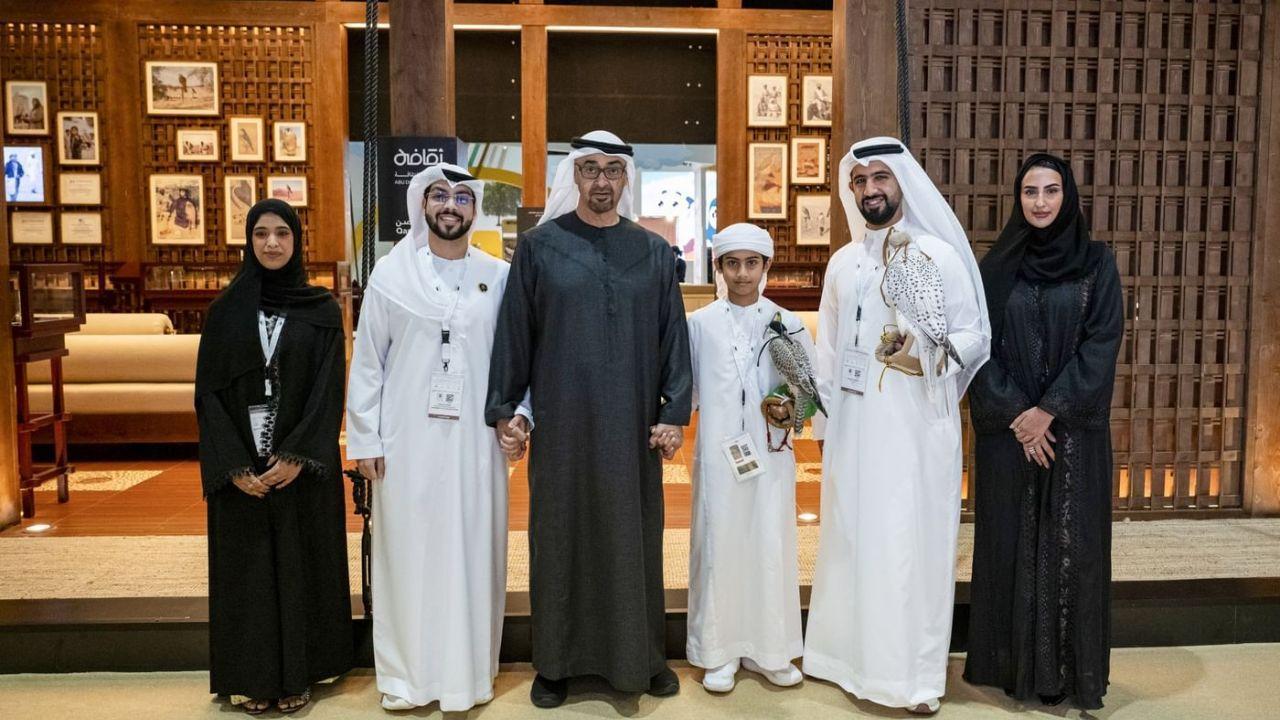
UAE President Visits ADIHEX 2025 to Celebrate Heritage and Innovation
UAE President visits ADIHEX 2025, exploring Emirati culture, falconry, and equestrian innovations pr

At Least 60 Dead in Night Attack on Village in Nigeria’s Borno State
Armed fighters attack Darul Jamal village in Nigeria, killing over 60, including soldiers as residen

Ronaldo Shines with Two Goals as Portugal Beats Armenia 5-0
Cristiano Ronaldo scored twice as Portugal started World Cup qualifying with a 5-0 win over Armenia

Justin Bieber Drops Eighth Studio Album Swag II Fans Excited
Justin Bieber surprises fans with Swag II, his eighth album featuring 23 new tracks and collaboratio
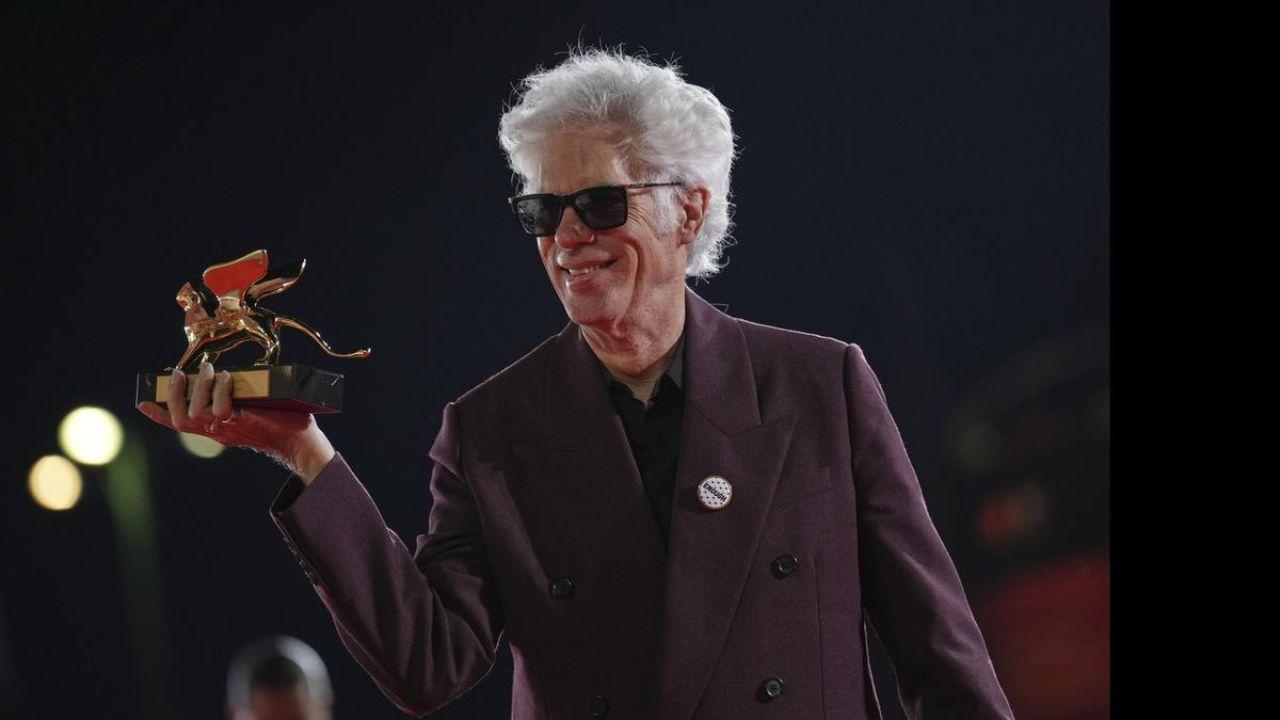
Venice Film Festival 2025 ends with surprise winners and strong messages
Jim Jarmusch’s film wins Golden Lion at Venice Film Festival 2025, amid strong performances emotiona
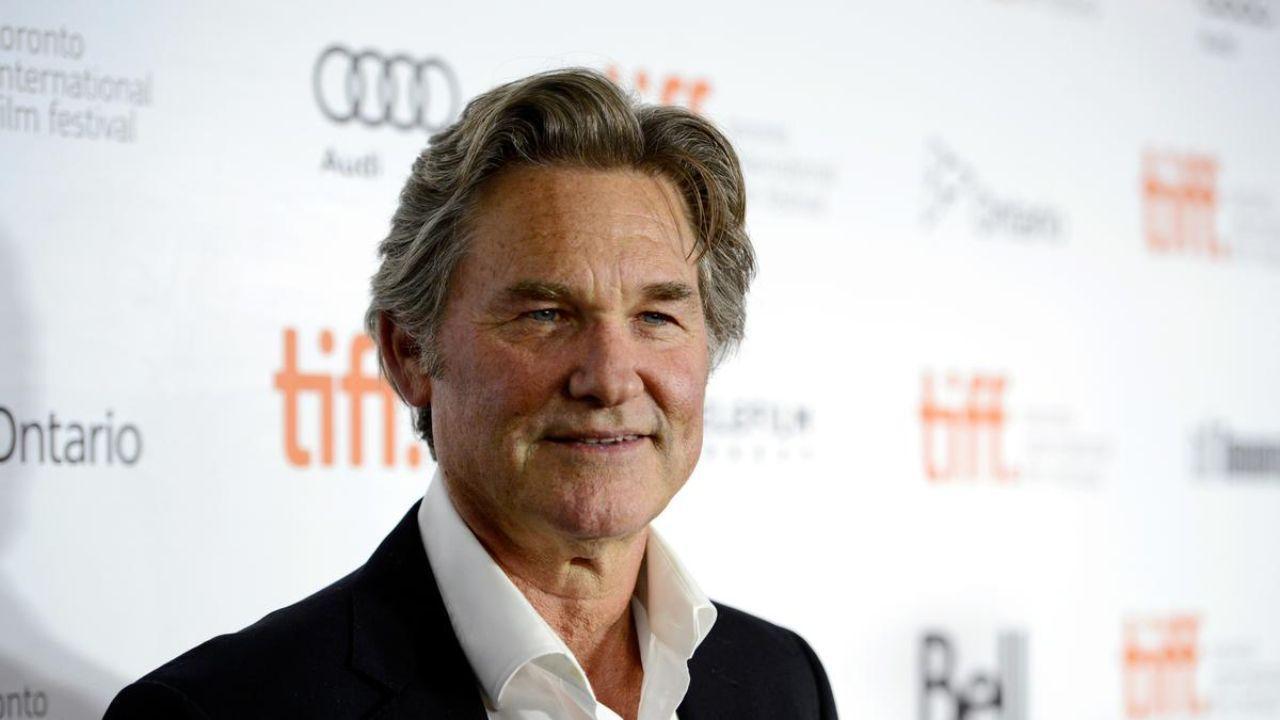
Kurt Russell Joins Yellowstone Spinoff 'The Madison' as Star & Producer
Kurt Russell returns to TV in Yellowstone spinoff 'The Madison', joining Michelle Pfeiffer in a stor
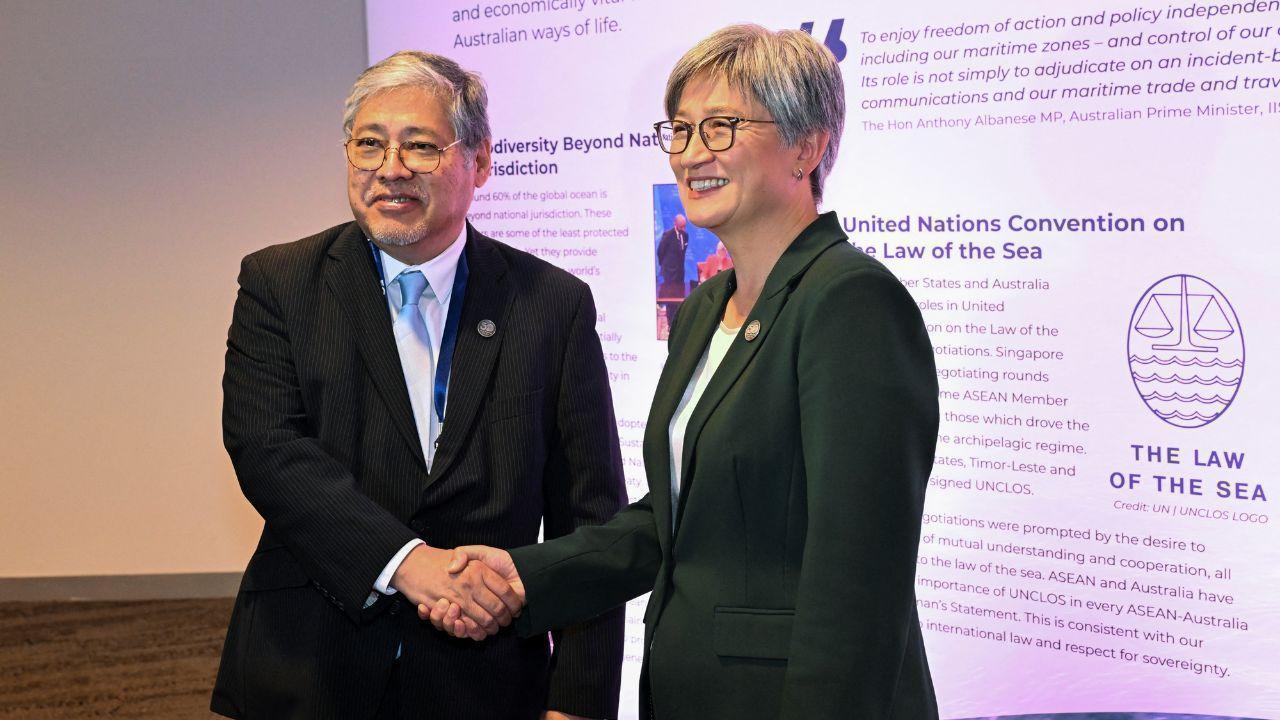
Australia funds $72M for medical research in Asia-Pacific
Australia invests $72M to support medical research, vaccines, and health solutions across Southeast
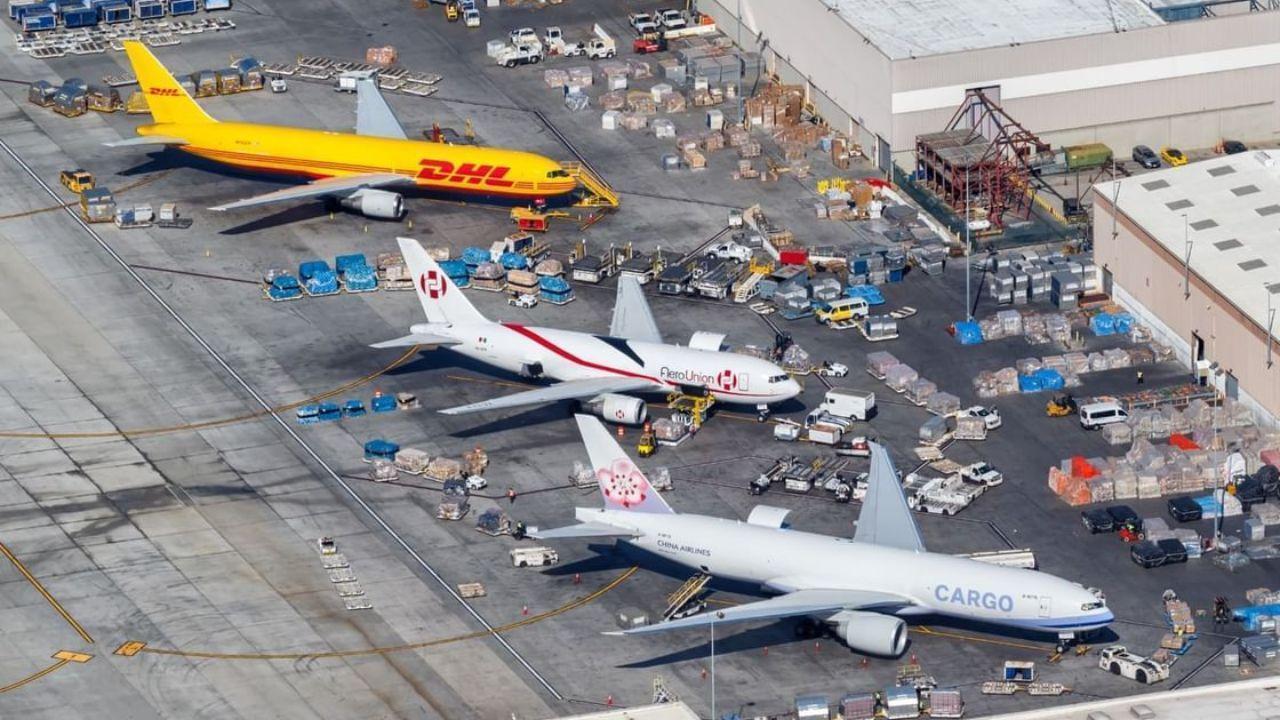
UPU launches solution to restart US mail delivery
Mail to the US dropped 80% after duty-free exemption ended; UPU launches a tool to calculate duties
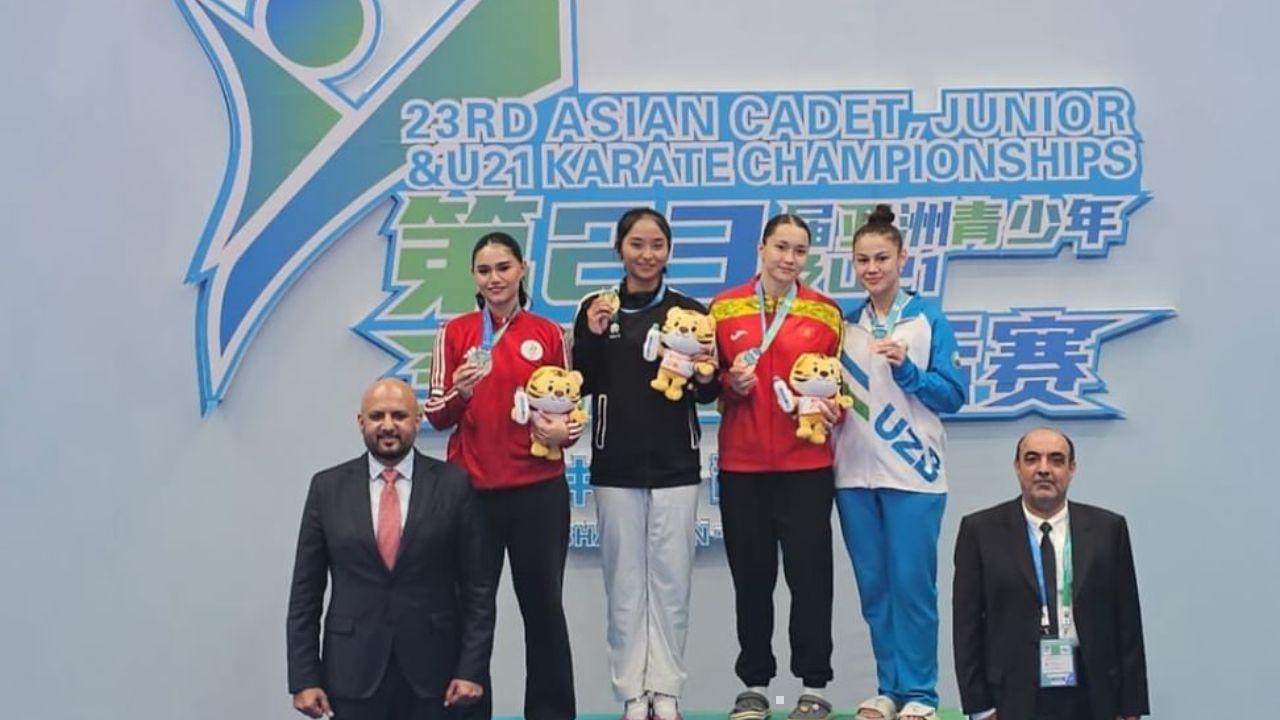
UAE karate team shines with silver and bronze at Asian event
UAE athletes Sheikha Al Yafei and Rashid Al Suraidi win silver and bronze at the Asian Karate Champi